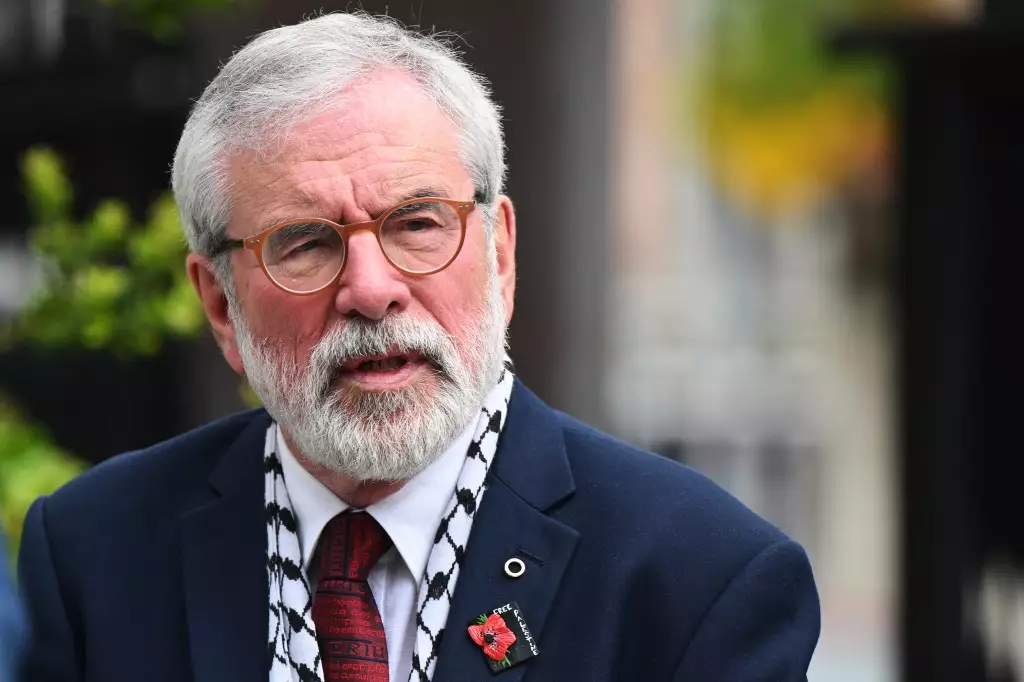The recent ruling requiring the BBC to pay €100,000 ($113,000) in damages to Gerry Adams marks a pivotal moment in the realm of journalism, particularly concerning defamation laws and the balance between freedom of expression and accountability. The case arises from a documentary and article detailing the 2006 murder of Denis Donaldson, a former member of Sinn Féin. The narrative implicates Adams in the assassination, which has brought considerable scrutiny to the BBC’s reportorial practices. This situation underscores the precarious position media outlets find themselves in when navigating sensitive political landscapes, especially in regions with a turbulent history like Northern Ireland.
The Role of Anonymity in Journalism
A critical aspect of this case is the reliance on anonymous sources. The BBC featured input from an unidentified contributor who alleged that Adams had sanctioned Donaldson’s murder after his identity as an MI5 informant was revealed. While anonymity can protect whistleblowers or informants, it raises ethical questions about the legitimacy and reliability of claims made in public forums. The jury’s decision hinged on determining whether the BBC’s coverage amounted to fair reporting or reckless defamation. The balance of retaining journalistic integrity while respecting the rights of individuals becomes even more complex in cases involving historical and politically sensitive issues. Should the press exercise restraint when dealing with high-profile figures and explosive assertions? This ruling might suggest that they should.
Public Interest vs. Individual Reputation
The BBC’s defense centered on the premise that the story served the public interest by reporting on a matter of significant historical relevance. While this defense is commonly employed in media litigation, one must ponder the implications it bears on individual reputation. Do the broad claims of public interest endow media organizations with a veil of protection allowing them to risk character damage against influential figures? The case raises pertinent questions about the demarcations of public interest journalism and the responsibility that lies with the purveyor of the information. As societies increasingly rely on news outlets for information regarding public figures, the obligation grows to ensure accuracy and fairness, lest the press becomes an unwitting vehicle for misinformation.
The Broader Implications for Media Freedom
The BBC’s Northern Ireland Director’s remarks post-verdict highlight the potential fallout from this ruling. He suggests that the verdict could stifle journalistic inquiry—an alarming prospect for any democratic society. If media organizations fear repercussions for reporting controversial stories, especially regarding political figures or volatile history, the implications for democracy and public discourse are profound. The chilling effect of such a decision may discourage journalists from tackling contentious subjects, ultimately eroding public trust in the media. This case serves as a crucial reminder that the boundaries of free expression in journalism are often fraught with legal repercussions that can reshape the landscape of reporting.
While accountability is crucial in journalism, the complex interplay of freedom of speech and individual rights will undoubtedly continue to provoke debate. The decisions made in courtrooms will shape the narratives told in newsrooms and influence how information flows in society.

